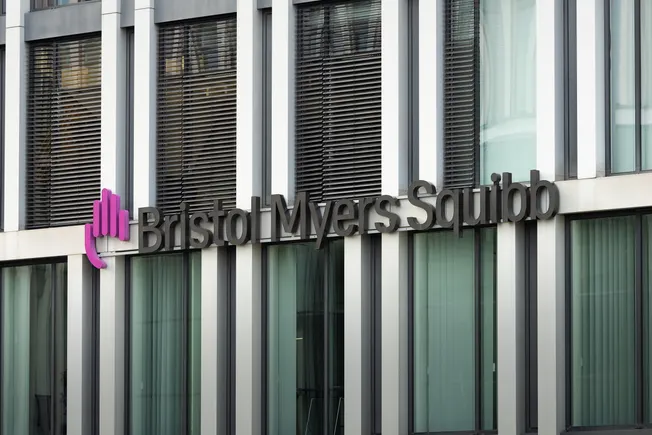BioMarin reports cancer case in hemophilia gene therapy trial


BioMarin Pharmaceutical, a California-based biotechnology company, said a patient in a clinical trial of its hemophilia gene therapy Roctavian has developed leukemia, although testing suggests that the case may be naturally occurring.
Genetic testing of diseased blood cells showed that a majority of them had a mutation known to be associated with the specific type of leukemia, B-cell acute lymphoblastic leukemia, BioMarin said in a regulatory filing on Monday. Meanwhile, additional testing indicated that diseased blood cells had low levels of Roctavian vector DNA, indicating that the genetic material isn’t being copied when new cells grow, the company added.
Additional testing should indicate whether the vector DNA has integrated into the genome of diseased cells, according to BioMarin.
Executives notified the Food and Drug Administration as well as other global regulators about the leukemia case, and none of them have called for a hold on clinical trials currently underway, the company said. In addition, independent safety data monitors also have not called for a pause in the trials.
News of the leukemia case comes three weeks after Roctavian was approved in Europe and ahead of plans by BioMarin to file a new application in the U.S. In August 2020, the agency rejected BioMarin’s initial submission because it wanted longer follow-up data from patients treated with the gene therapy.
Cases of cancer in clinical trials of many experimental drugs have raised concerns, while in gene therapy they have drawn particularly close scrutiny from U.S. regulators. Many gene therapies, like Roctavian, use adeno-associated viruses to deliver corrective genes to cells, and cancer cases have been observed in mice studies using those types of viruses.
The leukemia case was the second instance of cancer reported in a patient treated in a clinical trial with Roctavian, also known as valoctocogene roxaparvovec or valrox. Earlier this year, BioMarin reported that a patient treated five years earlier had been diagnosed with a salivary gland tumor, which according to genomic analysis was also determined to be unconnected to the gene therapy.
BioMarin said in its filing Monday that the cancer rate in trial participants “appears consistent with expected rates of cancer in persons with hemophilia.”
Roctavian works by delivering into cells a gene that helps stimulate production of the clotting protein called Factor VIII, which is missing in hemophilia A patients. In Europe, regulators approved it for patients with very low levels of Factor VIII and BioMarin set a list price of about $1.5 million a patient.
BioMarin justifies the price by pointing to data suggesting those patients can stop or reduce infusions of a synthetic Factor VIII.
This post has been syndicated from a third-party source. View the original article here.




